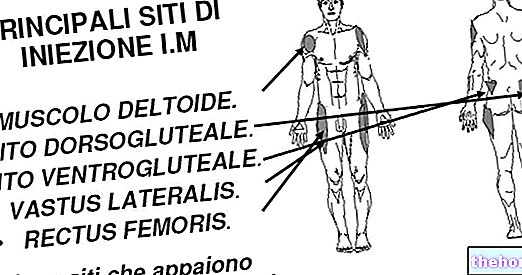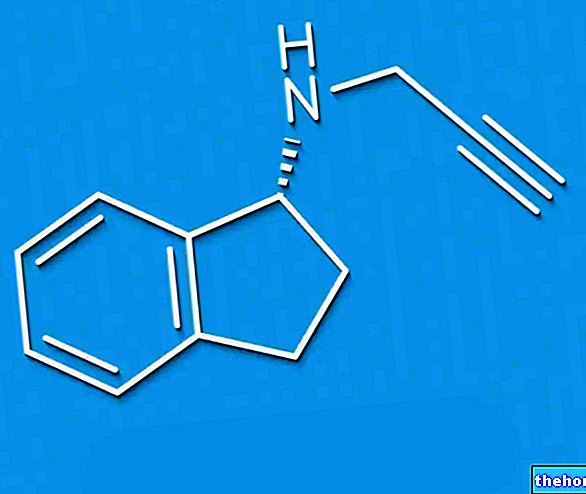Definition
Myocarditis is an inflammatory disease that affects the heart muscle, especially the middle layer of the heart wall, the myocardium.
This disease can affect both adults and children.
Causes
The triggering causes of myocarditis can be many, including viral or bacterial infections, Chagas disease and inflammatory and autoimmune diseases, such as systemic lupus erythematosus, sarcoidosis, scleroderma and systemic vasculitis.
In addition, the disease can also be caused by radiation, exposure to toxic substances (such as chemicals, heavy metals and alcohol), or it can occur as a side effect of some types of drugs.
Symptoms
In milder cases, myocarditis can be asymptomatic and accompanied by a feeling of general malaise. In severe cases, however, fever, chest pain and tightness, cardiac arrhythmias, fluid retention, fatigue, shortness of breath, syncope, heart failure and sudden death may occur.
Patients with viral myocarditis, on the other hand, may also have concomitant pericarditis.
In children, myocarditis is manifested by less specific symptoms such as a general feeling of malaise, loss of appetite, abdominal pain, chronic cough, difficulty in breathing, rapid breathing, fever, and a bluish or greyish discoloration of the skin.
The information on Myocarditis - Drugs and Treatment of Myocarditis is not intended to replace the direct relationship between health professional and patient. Always consult your doctor and / or specialist before taking Myocarditis - Drugs and Treatment of Myocarditis.
Medicines
The therapy to be instituted for the treatment of myocarditis varies according to the cause that triggered the inflammatory pathology. For example, if myocarditis is caused by a "bacterial infection, then the doctor will prescribe antibiotics for patients. In addition, it is generally recommended to rest and avoid physical exertion to help the heart recover."
For the treatment of cardiac symptoms, on the other hand, a treatment based on digoxin, diuretics, ACE inhibitors and beta-blockers can be undertaken, in order to help the heart carry out its functions, otherwise compromised by inflammation.
In very serious patients in whom conventional therapy is ineffective, the doctor may deem it necessary to resort to heart transplantation.

The following are the classes of drugs most used in therapy against myocarditis and some examples of pharmacological specialties; it is up to the doctor to choose the active ingredient and dosage most suitable for the patient, based on the severity of the disease, the state of health of the patient and his response to treatment.
Digoxin
Digoxin (Lanoxin ®) is a drug belonging to the class of digitalis glycosides. Digoxin determines a positive inotropic effect, ie it is able to increase the force of contraction of the myocardium which can decrease due to the inflammation that involves it.
It is a drug available in pharmaceutical formulations suitable for parenteral or oral administration. When administered via the latter route, the dose of digoxin usually used in adults and children over 10 years of age is 0.25-1.5 mg per day, to be taken as a single dose or in divided doses.
In infants and children up to 10 years of age, however, the dose of drug to be used must be established according to the age and body weight of the patient.
In elderly patients and / or patients with kidney problems, the dose of digoxin administered may be lower than that usually used.
Diuretics
Diuretics can be helpful in reducing fluid retention caused by myocarditis which - in turn - causes swelling (edema) in the legs, ankles and feet.
Among the different types of diuretics that can reduce the aforementioned fluid retention, we remember furosemide (Lasix ®). The dose of drug usually administered orally in adults is 25-75 mg. Depending on the patient's response to therapy, the doctor may decide to re-administer the drug four hours later.
In children, on the other hand, the dose usually used is 1-2 mg / kg of body weight per day. In any case, the exact dosage must be established by the doctor, taking care never to exceed the maximum daily dose of 40 mg / kg of body weight.
ACE inhibitors
ACE inhibitors work by inhibiting the angiotensin converting enzyme (from English: Angiotensin Converting Enzyme, or ACE). These drugs may be useful in treating heart failure and preventing associated symptoms. Among these, we remember:
- Enalapril (Enapren ®, Converten ®): Enalapril is available for oral administration. The usual starting dose is 2.5 mg per day. The doctor will then gradually increase the daily dose, until the maintenance dose is reached. suitable for each patient Generally, the maintenance dose is around 20-40 mg of enalapril per day.
- Lisinopril (Zestril ®): the usual dose of lisinopril is 5-20 mg per day, to be taken orally. The exact dosage of the drug to be administered will be determined by the doctor.
- Ramipril (Triatec ®): The starting dose of ramipril usually used orally is 1.25-2.5 mg per day. Subsequently, the doctor may decide to increase the amount of the drug to be taken up to a maximum of 10 mg per day.
Beta blockers
Beta-blockers are drugs useful in the treatment of heart failure and arrhythmias that can be caused by myocarditis. These include:
- Metoprolol (Seloken ®, Lopresor ®): the dose of metoprolol usually administered in adults is 100-200 mg per day, to be taken orally in a single dose, or in 2-3 divided doses.
- Carvedilol (Dilatrend ®): The starting dose of carvedilol usually used orally is 3.125 mg, to be taken twice daily. Subsequently, the doctor may decide to increase the amount of drug to be administered until the optimal dosage for each patient is reached. Therefore, the carvedilol dose must be determined by the physician on a strictly individual basis.
Antibiotics and Antivirals
When the triggering cause of myocarditis is a "bacterial infection, it is necessary to resort to a therapy based on antibiotic drugs. The bacteria that can promote inflammation of the myocardium are many, therefore, it is essential to identify the type of microorganism responsible for the disease. , in such a way as to be able to establish the most suitable therapy to combat it.
A similar argument can be made in the case in which myocarditis is caused by a "viral infection. However, in many cases, the use of antiviral drugs has not proved very useful in treating myocarditis."
Therefore, if it is not possible to combat the virus responsible for the onset of inflammation with specific drugs, the only treatment available remains that of a symptomatic type.























-nelle-carni-di-maiale.jpg)




